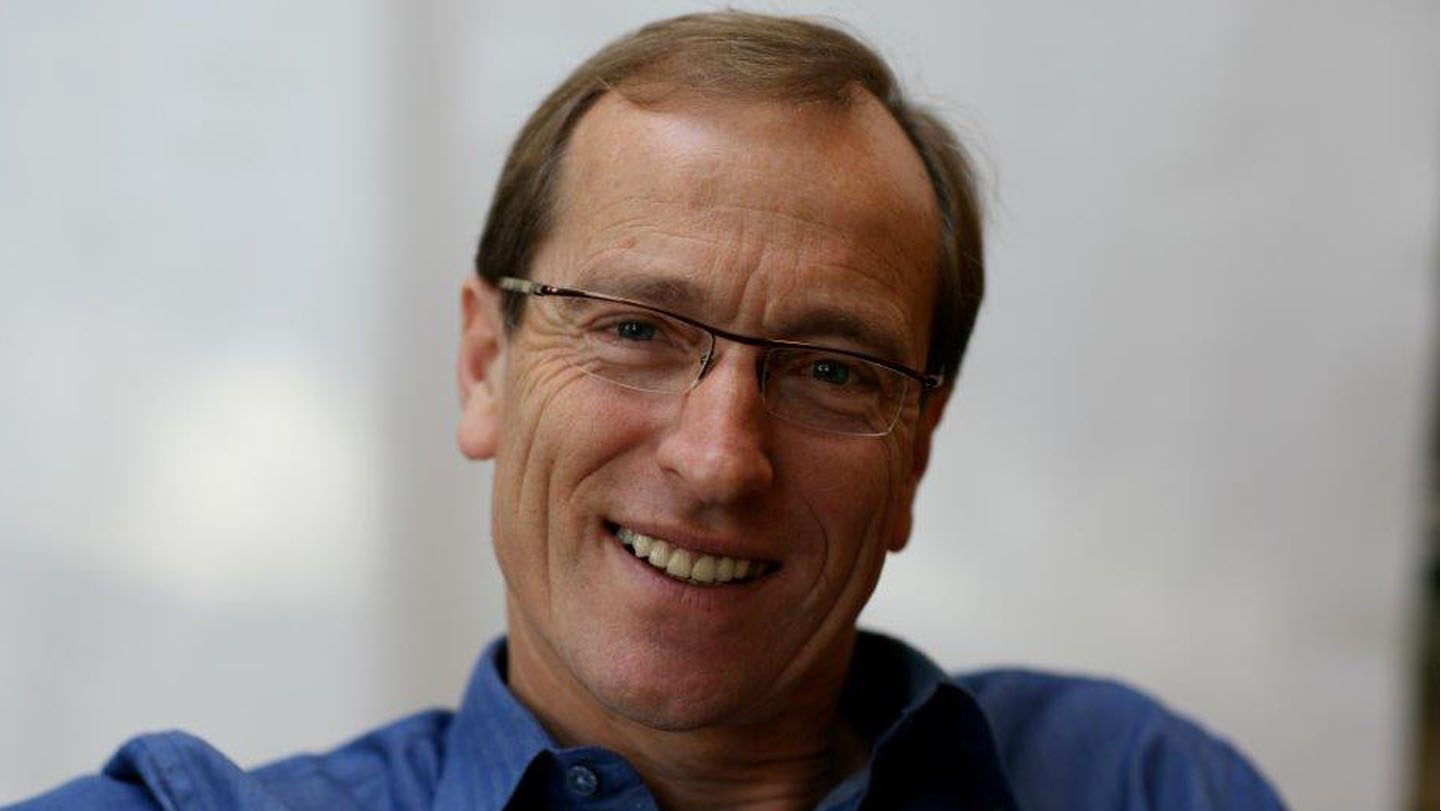Standing at a lectern embellished with the words ‘LONG-TERM DECISIONS FOR A BRIGHTER FUTURE’ our Prime Minister announced, without irony, that he was pushing back by five years his government’s commitment to stop the sale of diesel and petrol cars by 2030. He was also relaxing the requirement for houses to replace gas boilers.
Lord Stern, alongside 14 other figures who were involved in the UN Cop26 climate summit in Glasgow, wrote a letter to express their “deep concern for your government’s lackadaisical approach to international climate, nature, and environment issues”. Dr Friederike Otto, a senior lecturer of the Faculty of Natural Sciences in The Grantham Institute for Climate Change said that as a result of these changes there would be ‘hotter heatwaves more extreme rainfall, more people dying and more people losing their livelihoods’.
Critics from business and investment complained that the announcement reinforced uncertainty. We aren’t investing enough: Sunak himself said so in in his 2022 Mais Lecture and acknowledged that a climate of uncertainty was one of the reasons. Business needs certainty. Flip/flop governments which start, stop and meddle discourage investment.
It isn’t only the present government that has taken tempting short-term decisions with damaging long term consequences. There was Gordon Brown’s Private Finance initiative which appeared to reduce government debt. The National Audit Office concluded that
Britain has incurred billions of pounds in extra costs for no clear benefit by using the private finance initiative (PFI) to build much of its infrastructure…. Recent PFI contracts — for schools, hospitals and other facilities — are between 2 and 4 per cent more expensive than other government borrowing, and involve significant additional fees,
The slogan is right. We badly need a government which makes long term decisions for a better future. Let’s have a concerted effort to develop a convincing cross-party array of ideas that deserve that label.
Mark your calendar for 1-3 November when the non-party political Anthropy UK conference will be taking place. I’ve seen the agenda. It promises many fresh recommendations for a brighter future. Here’s a few from me:
1) Start valuing local authorities whose budgets have been cut by 40% over 13 years. Our government wasted billions when it by-passed local authority public health departments and set up a centralised Track and Trace system during COVID. Since 2010 local authority impoverishment has starved youth services, playing fields, music and arts education, as well as social services and domiciliary care. An estimated 75,000 assets including community centres, libraries and swimming pools have been sold.
2) Match ambitious targets for housebuilding with an equal focus on the quality of community that results from new housing. Faceless estates with no transport links, no play facilities and no provision for the very young and very old will increase taxpayer burdens and impoverish lives.
3) Encourage localism and community ownership in all its forms. Charlotte Hollins will be talking at Anthropy about England’s first community-owned farm. Encourage more.
4) Use public procurement to promote the right behaviours by business. Replace the Wild West approach to procurement that ministers permitted during Covid with their VIP lanes with a disciplined approach based around the Social Value Act. Adopt the Trust Test.
5) Think systemically about health and social care. Revisit the 2011 Dilnot Report. Without a strategy for social care no strategy for the NHS will work. Encourage the development of regional visions for an integrated approach like this one in East Anglia.
6) Reform the secondary curriculum so it becomes A Curriculum for Life – something that Tomorrow’s Company has been pioneering with its partners. Jon Maguire of Tomorrow’s Company is speaking about this at Anthropy,
7) Think systemically about renewable energy. Set the price at a level that encourages investment. Plan ahead for offshore cabling and ring mains instead of apparently cheaper but actually more disruptive and expensive onshore pylons. Equip the grid to accept all the locally generated electricity. Incentivise insulation. Encourage co-ops everywhere like Brixton Energy Co-op.
8) Think strategically about transport – footpath, cycle path, road – rail, air, canal. Focus on integrated policies that reduce car use while enhancing convenience.
9) Value nature properly and incentivise investments that protect nature and penalise those that destroy it. Implement the 5 policy proposals by the Nature2030 Campaign.
10) Think strategically about Food, and Farming. Eating the wrong food is killing many of us prematurely and costing the NHS billions. Henry Dimbleby who speaks at Anthropy has already shown us the way. We need to change our economic thinking. I call it Harvest Economics.
11) Stop talking about migration as if it is a cost when so often it is an opportunity. As Will Hutton (another Anthropy speaker) argued a decade ago ‘ A great country with a great future should offer its new arrivals a dynamic citizenship service programme, with immigrants’ children all educated in the same desegregated schools.’
12) Accept that to achieve certainty and consistency we need to expand the areas where there is policy consensus. It exists in defence. Develop cross-party dialogue and use Citizens Juries to achieve agreement and head off continual organisational tinkering in the NHS, education and other public services.
Mark Goyder is the Founder of Tomorrow’s Company and Senior Advisor to the Board Intelligence Think Tank. He is the co-author, with Ong Boon Hwee, of ‘Entrusted – Stewardship For Responsible Wealth Creation’, published by World Scientific.
